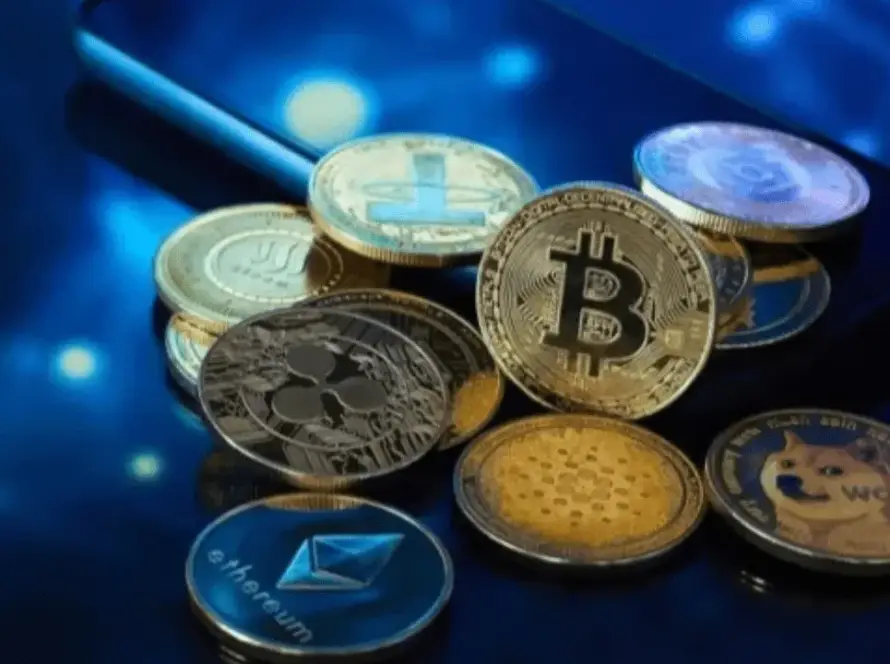Fans use tokens for food and drink payments inside arenas.
Matchday Experience Goes Digital
Football has always been about more than the ninety minutes on the pitch. The smell of food stalls, the rush for drinks at halftime, and the queues at kiosks are as much a part of the culture as the singing in the stands. Now, stadiums are transforming that experience with blockchain integration. Fans are beginning to pay for food and drinks using crypto wallets and club tokens, turning catering into a testing ground for football’s digital economy.
How Crypto Catering Works
At participating venues, supporters load tokens into digital wallets linked to the club’s official app. These wallets connect directly to kiosks or mobile ordering systems inside the stadium. Instead of cash or cards, fans scan QR codes or tap phones to complete transactions instantly.
Clubs also tie payments to loyalty programs. Buying a drink with tokens might add points toward merchandise discounts or unlock access to digital collectibles. In some cases, NFT receipts double as souvenirs, especially during high-profile matches or tournaments.
Why Clubs Are Interested
Food and beverage sales are one of the most important matchday revenue streams. Introducing blockchain systems adds two benefits:
- Efficiency: Digital wallets process transactions faster than cash or traditional card systems, reducing queues during halftime rushes.
- Data: Clubs gain detailed insights into fan spending habits. With blockchain records, they can analyze trends and personalize offers.
For clubs seeking to modernize matchday experiences, catering is a logical entry point.
Sponsors’ Role
Crypto firms are keen to brand these initiatives. They see catering partnerships as a chance to showcase blockchain’s utility in everyday life, not just abstract investments. Logos often appear on kiosks, cups, or digital receipts. For sponsors, the association is powerful: a fan’s positive experience with food and drink becomes linked to their technology.
Some firms even subsidize discounts, offering cheaper meals when purchased with tokens. This creates incentives for adoption while showcasing the sponsor’s role in improving the fan experience.
Fans’ Reactions
Reactions so far are mixed but curious. Younger fans accustomed to mobile payments and digital wallets adapt quickly. They enjoy the novelty of buying a hot dog or beer with tokens, especially when it comes with loyalty perks.
Older fans are more hesitant, often preferring cash or simple card payments. Some also worry about volatility. If tokens fluctuate in value, a drink’s price could feel unpredictable. Clubs are addressing this by pegging token catering systems to stablecoins or fixed in-app values.
Early Case Studies
In England, a Championship club piloted token-based catering during select home games. Fans could order food in advance through the club’s app, collect items with QR codes, and receive digital rewards. Feedback suggested that queues moved faster, though some supporters struggled with setup.
In South America, one stadium integrated crypto catering fully during continental tournaments, with more than half of transactions processed via digital wallets. Clubs reported higher sales, attributing the increase to speed and bundled discounts.
Risks and Challenges
Technical glitches remain the biggest concern. A network failure could leave thousands of fans unable to buy food during halftime, sparking frustration. Accessibility is another issue, as not all supporters are comfortable using digital wallets. Clubs must provide alternatives to avoid excluding fans.
There is also debate around data privacy. Blockchain records transactions transparently, but fans may not want their matchday habits tracked so closely. Clear communication about how data is used will be critical for long-term trust.
The Bigger Picture
If crypto-powered catering succeeds, it could pave the way for broader integration. Analysts predict that stadiums may eventually operate fully cashless ecosystems where tickets, merchandise, food, and even transport are tied to the same blockchain system. This would create a seamless digital fan journey from entry to exit.
Sponsors envision stadiums as live showcases of blockchain utility. Every burger, beer, or snack purchased with tokens becomes a marketing moment for the technology.
Final Whistle
Crypto-powered catering shows how football’s smallest rituals are becoming part of the digital revolution. For clubs, it promises efficiency and deeper fan engagement. For sponsors, it offers a practical way to prove blockchain’s everyday relevance. For supporters, the experience will determine whether paying for a matchday meal with tokens feels like the future or just another gimmick.




